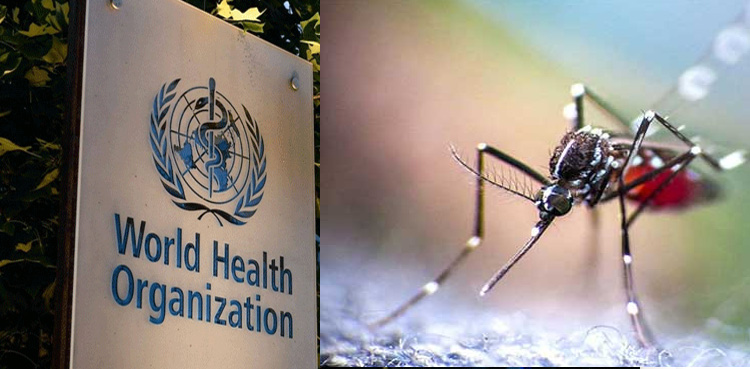Geneva: The World Health Organization (WHO) has warned the world about the threat of dengue and has issued a warning stating that the rate of dengue worldwide may increase to an alarming level and it may take the form of an epidemic.
WHO says that due to climate change, rains and floods due to the large-scale breeding of mosquitoes, the dengue disease may spread like an epidemic this year.
The World Health Organization has warned that dengue fever cases could reach record highs this year, partly because of the spread of mosquitoes that benefit from global warming. Dengue rates are increasing globally.
According to the statement issued by the World Health Organization, the cases reported since 2000 have increased eightfold to 4.2 million in 2022.
The disease was first recorded in Sudan’s capital Khartoum in March this year, according to a report by the Ministry of Health, while cases have increased in Europe and Peru has declared a state of emergency in most areas.
In January, the WHO warned that dengue is the world’s fastest-growing disease, a sign of “pandemic risk,” and nearly half the world’s population is at risk.
Mosquitoes that cause dengue fever can breed not only in dirty water but also in clean water and that is why some people become victims of dengue despite maintaining cleanliness.
Officials of the World Health Organization said that most of the cases so far have been reported in the United States, where the disease is spreading like an epidemic, and several countries have also started emergency operations but have failed to control the disease.
According to the WHO report, the authorities said that more than 5.5 million dengue cases are likely to be reported this year from around the world.
Comments
(function(d, s, id) {
var js, fjs = d.getElementsByTagName(s)[0];
if (d.getElementById(id)) return;
js = d.createElement(s); js.id = id;
js.src = “//connect.facebook.net/en_US/sdk.js#xfbml=1&appId=1763457670639747&version=v2.3”;
fjs.parentNode.insertBefore(js, fjs);
}(document, ‘script’, ‘facebook-jssdk’));



